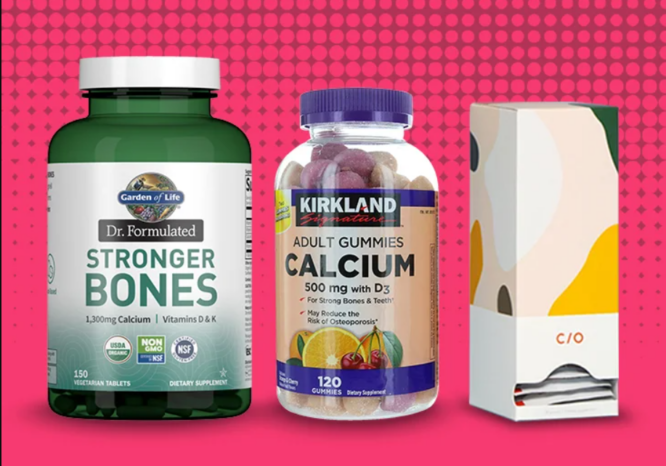What you need to know about calcium Supplements 2023

According to the NIH, approximately 43% of Americans consume a calcium supplement. Calcium is an essential mineral for the maintenance of healthy bones. However, if you are considering taking a calcium supplement, you should be aware of certain hazards.
You may have heard that taking calcium supplements is beneficial for your health. However, research indicates that this may not be the case. According to a large Johns Hopkins study, calcium supplements are detrimental to cardiac health.
Erin Michos, MD, a preventive cardiologist at the Johns Hopkins School of Medicine, explains, “The use of calcium supplements alone was independently associated with this increased risk of developing atherosclerosis.”

Dietary calcium sources do not pose the same hazards.
Additionally, calcium supplements can cause bloating, constipation, and kidney stones. A study published in the Journal of Neurology found that calcium supplementation increased the risk of dementia in women. And – according to Dr. Michos, the largest study to date has produced inconclusive results regarding the benefits of calcium supplementation for bone health.
For individuals who already meet the recommended daily allowance, there is no evidence that more is preferable, even for bone health and fracture prevention. Doctor Michos states.
Doctor Michos states, “I advise my patients that consuming calcium through their diet is the safest option. We believe that the body processes calcium from food sources and supplements very differently.”
Milk, yogurt, and almonds are calcium-rich foods. The daily calcium intake recommendation for most individuals is one thousand milligrams. For women 51 and older and men 71 and older, the daily allowance is 1,200 milligrams.
If you have a calcium deficiency, discuss with your physician whether calcium supplements would be beneficial.
